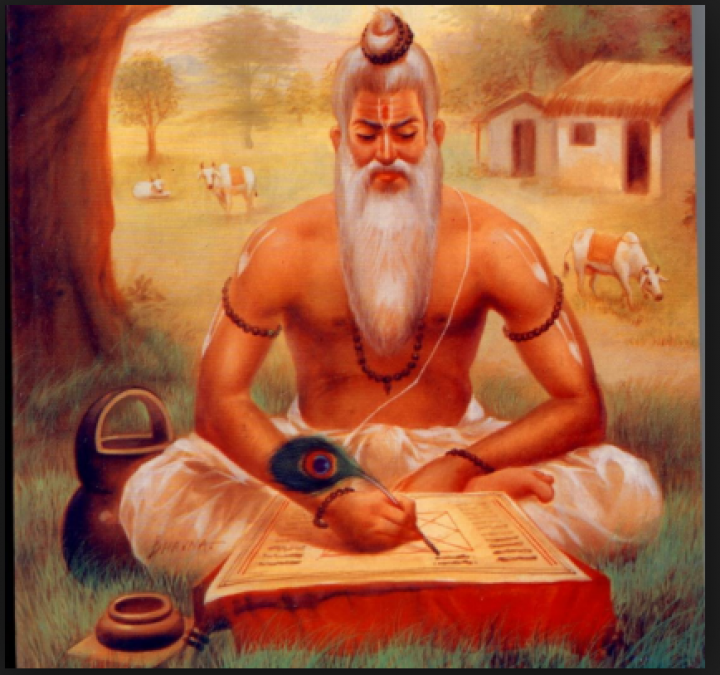
The Laws of Manu (also called the Manava Dharma Shastra) is traditionally accepted as one of the supplementary arms of the Vedas. It is one of the standard books in the Hindu canon and a basic text upon which teachers base their teachings. This 'revealed scripture' comprises 2684 verses, divided into twelve chapters presenting the norms of domestic, social, and religious life in India (circa 500 BC) under the Brahmin influence, and it is fundamental to the understanding of ancient Indian society.
also read Buddhism: Some Misunderstanding about it that are not true
Background to the Manava Dharma Shastra
The ancient Vedic society had a structured social order in which the Brahmins were esteemed as a highest and the most revered sect and assigned the holy task of acquiring ancient knowledge and learning — the teachers of each Vedic school composed manuals written in Sanskrit about their respective schools and designed for the guidance of their pupils. Known as 'sutras,' these manuals were highly revered by the Brahmins and memorized by each Brahmin student.
It is believed that Manu, the ancient teacher of sacred rites and laws, is the author of Manava Dharma-Shastra. The initial canto of the work narrates how ten great sages appealed to Manu to recite the sacred laws to them and how Manu fulfilled their wishes by asking the learned sage Bhrigu, who had been carefully taught the metrical tenets of the sacred law, to deliver his teachings. However, equally popular is the belief that Manu had learned the laws from Lord Brahma, the Creator—and so the authorship is said to be divine.
The first chapter deals with the creation of the world by the deities, the divine origin of the book itself, and the objective of studying it.
Chapters 2 through 6 recounts the proper conduct of the members of the upper castes, their initiation into the Brahmin religion by a sacred thread or sin-removing ceremony, the period of disciplined studentship devoted to the study of the Vedas under a Brahmin teacher, the chief duties of the householder. This includes the choice of a wife, marriage, protection of the sacred hearth-fire, hospitality, sacrifices to the gods, feasts to his departed relatives, along with the numerous restrictions—and finally, the duties of old age.
also read Morality in Buddhist approach on its rules of tradition and religion
The seventh chapter talks about manifold duties and responsibilities of kings. The eighth chapter deals with the modus operandi of civil and criminal proceedings and of the proper punishments to be meted out to different castes. The ninth and the tenth chapters relate the customs and laws regarding inheritance and property, divorce, and the lawful occupations for each caste.